Intercultural Crosstalk
People Who Have Come to Japan, The Country of Their Roots③ -Future Dreams and Goals-
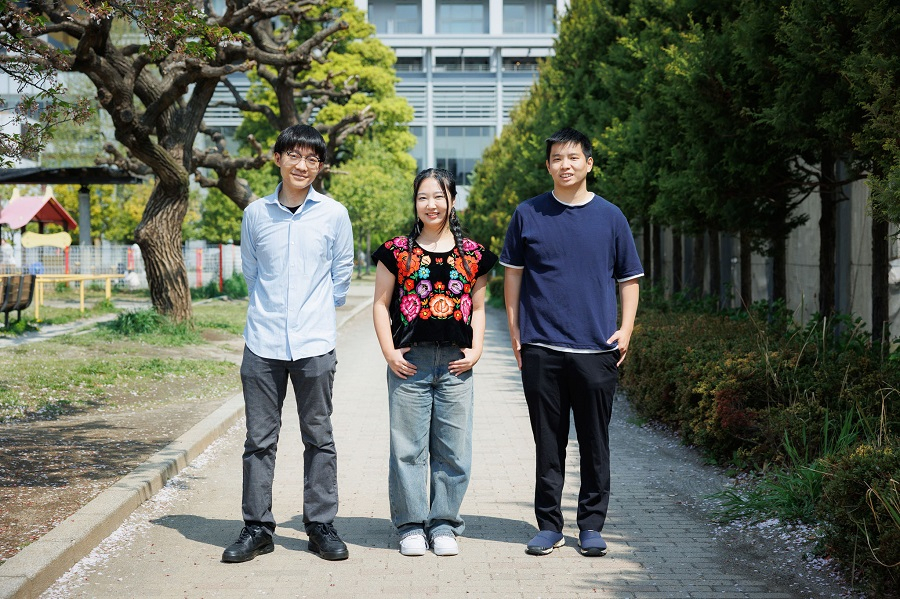
See their profiles here
Click for "1st Round" Here
Round 3: Future Dreams and Goals
We asked the three participants, who grew up overseas and came to Japan, the country of their roots, about their current jobs and their dreams and goals for the future.
Please Tell Us About Your Current Job
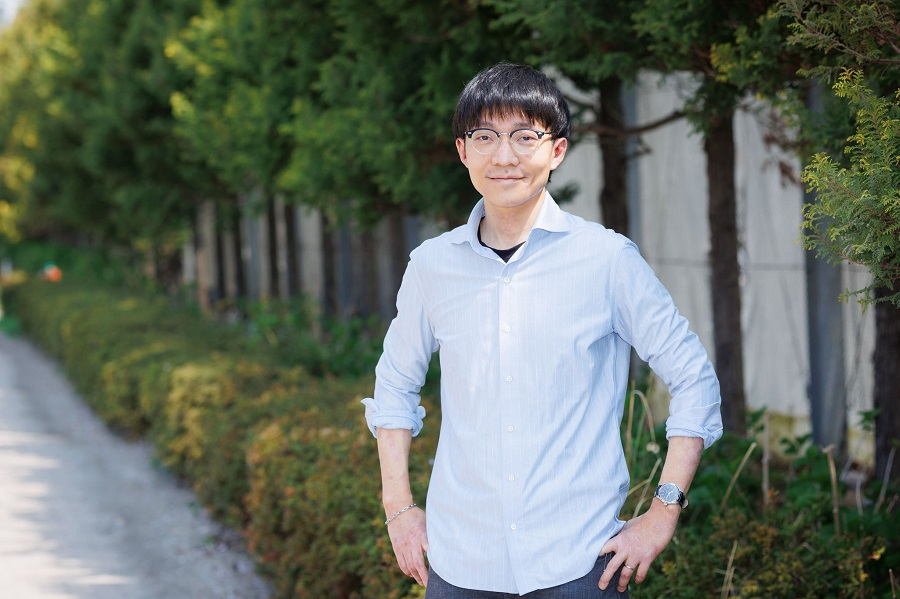
I currently have 2 jobs. One is supporting high school students with foreign roots at an NPO. The percentage of children with foreign roots in public schools is increasing every year. I work to support them both inside and outside of school and create learning opportunities for their future, with the aim of expanding their options.
The other is also related to education. I work with public and private junior high and high schools to incorporate entrepreneurship education* into their curriculum, including exploration and comprehensive classes and school trips.
*Entrepreneurship education: Education that equips students with the knowledge, skills, and attitudes necessary to solve social issues (according to the Japanese Ministry of Education, Culture, Sports, Science and Technology website).
I am currently posting about Japan in Spanish on my personal social media accounts. I am also promoting Argentinean meat, wine, and mate tea.
I would like to work in social media marketing in the future, but I am still deciding whether to work for a company or start my own business.
I work as an operations support staff for overseas tours and as an interpreter for local guides. I also provide interpretation services from English or Spanish to Japanese in Japan. Additionally, I work as a tour guide for English and Spanish-speaking tourists in Tokyo. Recently, I have been studying video editing and plan to challenge myself in this field in the future.
Have Your Goals or Things You Want to Do Changed Since Coming to Japan?
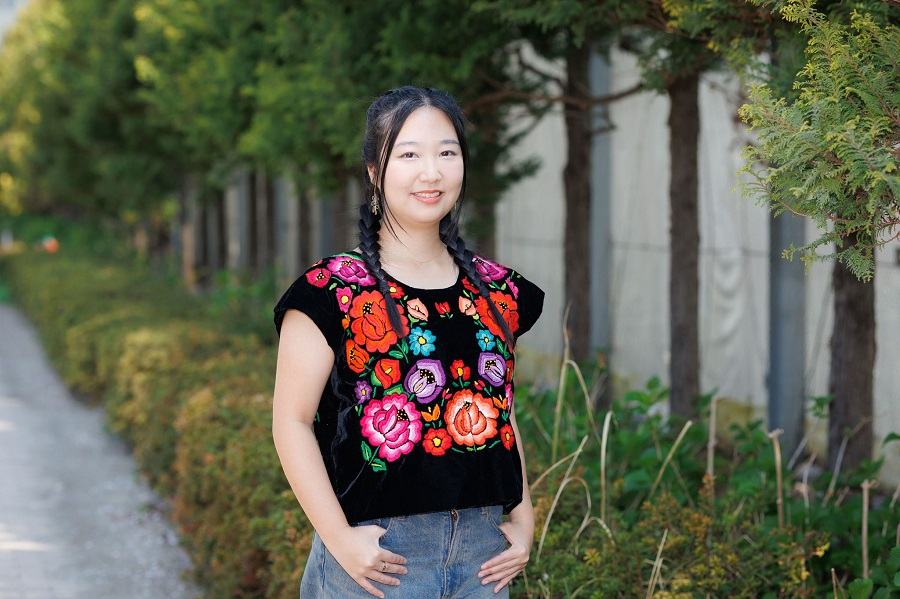
When I came to Japan and enrolled in a vocational school, I was determined to pursue a career in fashion, so I chose a job in the clothing industry. However, I found that the work required by the company and what I wanted to do were not aligned, so I eventually became a freelancer.
Although the work I do now is different from what I had imagined before coming to Japan, my core values have not changed. My goal is to become a bridge between Japan, Mexico, and the world. Achieving that is most important to me, but I still love fashion, so I would like to be involved in that field again someday.
Before coming to Japan, I didn't have any particular goals. My family in Argentina runs a farm, so I studied agriculture in college, but I didn't find it particularly interesting. After graduating during the pandemic job market, it was hard to get a full time job, so I worked part-time for 2 or 3 years before discovering social media, which led me to my current career as an influencer. My goal is to connect Japan with Spanish-speaking countries like Argentina.
I came to Japan to work in education. While working at a company, I had the opportunity to help launch a program to support high school students with foreign roots at the NPO I currently belong to, and that changed my values.
The number of students with foreign roots attending public high schools, especially part-time high schools, is expected to increase in the future. The question now is how to build a system in the educational field to prepare for the major changes that lie ahead in the near future. This is a theme that I had not considered before coming to Japan.
Do You Think Japan Has Changed During Your Time Here?
I think it has changed. I feel that the working environment in particular has changed. Overtime has decreased, and it seems that more people are taking paid leave and men are taking paternity leave.
In Japan, it seems like actions come before words. Rather than discussing the "why" behind something, people tend to say, "Let's just try it first." Regarding paternity leave for men, it feels like the approach is, "Let's promote it first and see how it works."
Please Tell Us What You Think You Were Able to Do in Japan That You Couldn't Do in Other Countries
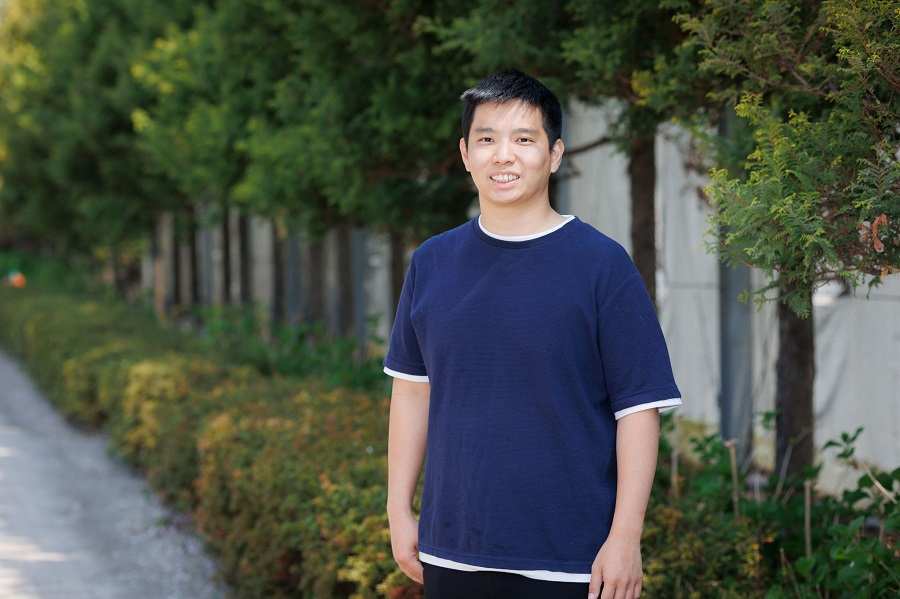
Through my work, I have been able to get involved in the education of children with foreign roots.
I grew up in other countries such as Hong Kong and the United States, so my background is not exactly the same as that of children living in Japan. Nevertheless, I think my background allows me to relate to children with foreign roots.
There are many things I believe I can do because I grew up in Mexico and came to Japan. For example, being able to use Spanish in my work is something I can do because I came to Japan. In addition to language skills, I feel that the skills and experiences I gained growing up in Mexico are useful in all aspects of my work.
Working diligently, I suppose. Even if the working hours are the same, 8 hours, it is completely different in Argentina and Japan. In Argentina, everyone drinks mate tea and works without rushing. But in Japan, people work diligently for 8 hours straight.
My sense of time has changed since coming to Japan, including work. Now I try to be at least 5 minutes early for everything.
What Are Your Dreams and Goals for The Future?
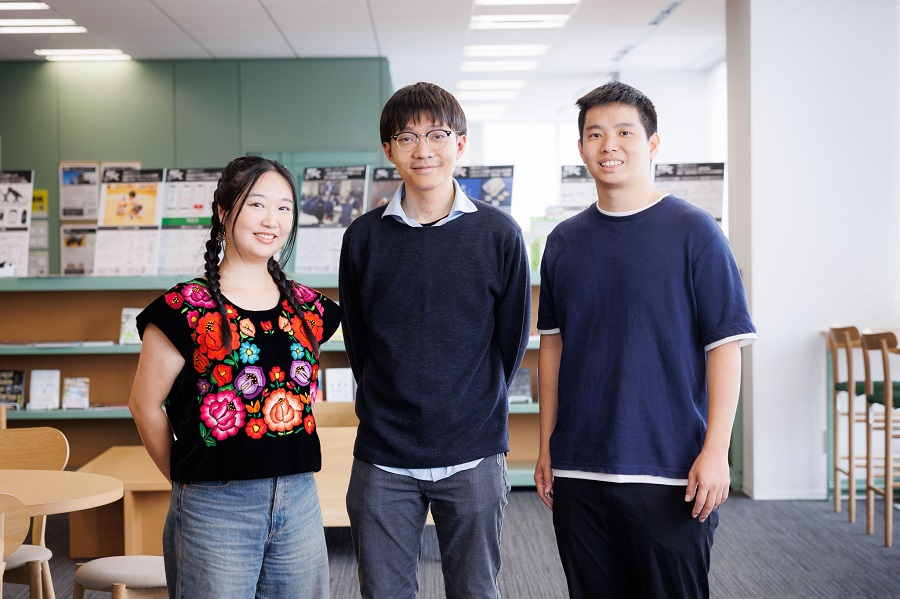
As someone involved in education, my goal is to increase the number of choices available to children.
One of my most memorable experiences was participating in a summer camp during high school. The camp was designed to address the “summer learning loss” that occurs during long school breaks, where students from low-income families fall behind in their education. At that time, I experienced the emotion of knowing that what I had communicated to others had been understood and had become a learning experience for them. That emotion remains the foundation of my work in education today.
There are always various ways and possibilities for how people define themselves and how they are defined by others. While cherishing the sense of creating children's futures, I want to convey the message that "possibilities exist in various places."
I don't have a clear goal. However, my ultimate ideal is to leave this world thinking, "What a good life it was." In order to reach that goal, I want to see and experience many things now. That desire is the basis for my choices.
I don't think you can help others or act for others unless you are happy yourself. In order to make my precious family and friends happy, I want to value myself first and think about what I want to do.
My current social media concept is to connect Argentina and Japan by showcasing Japan's charm. To strengthen my social media content, I plan to travel across Japan, explore the country, and share my experiences through videos. I've heard from Spanish-speaking people that Japanese people seem cold. I want to show them that there are many warm and fun people in Japan.
Over the course of 3 articles, we introduced people who came to Japan, the country of their roots. Although the 3 interviewees had different backgrounds, they all shared roots in Japan and other countries, which led to lively discussions on topics such as the cultures of their countries and their individual values.
Next month, we will begin a new series featuring "People Who Taught Japanese in Their Home Countries".
